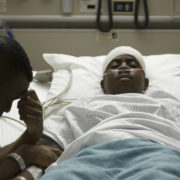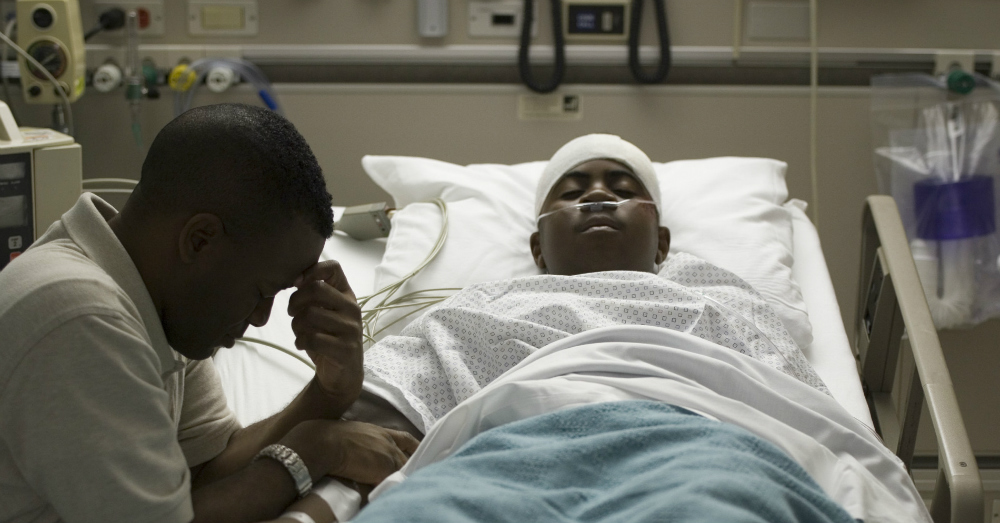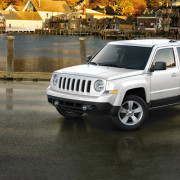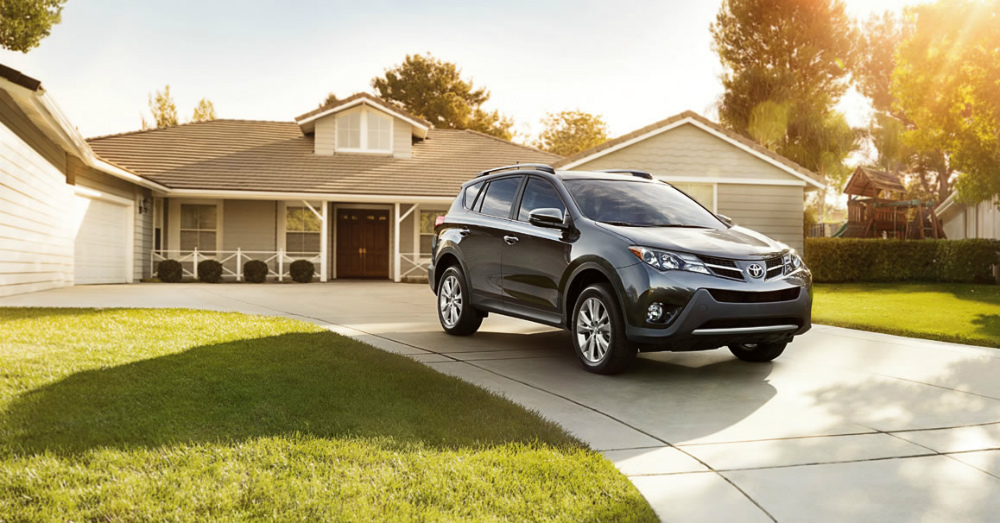To the family members of a person who dies the value of a life is certainly high as the loved one is lost, but to those who never knew this person, the value isn’t nearly as significant. The future of the automotive industry is in autonomous vehicles being the only form of transportation. While this reality is still a few decades away, the fact that autonomous vehicles will be on the road soon causes the medical field to face a bitter truth. With fewer accidents on the road because of the removal of human error, there will be fewer organs in the system.
One in every five organs that are used in transplants today comes from a fatal automobile accident. This brings up the question of the value of a life. What makes one life that’s waiting for an organ to be harvested and used in a transplant to be any more valuable than the person who the organ is harvested from? The answer is; nothing. Both lives are valuable and medical professionals scramble each year to try and save as many lives as possible. Unfortunately for them, when the roadways are safer with only autonomous vehicles on the roads, there will be a massive shortage of organs to harvest.
The right way to handle this challenge is to look for alternative solutions. There are scientists working on creating working organs artificially that bodies won’t reject, but that’s probably a long way off still as well. Another answer is to begin allowing legal sales of organs that can be sold in order to increase the number of organs in the system. Right now liver and kidneys are needed more than any other organ and allowing people to sell theirs for payment can help increase the number in the system.
Currently there are nearly 6,500 American who die each year while waiting for a transplant and the number of people on the waiting list has increase to nearly double over the past two decades to be more than 123,000 on the list. While some of these on the list have caused their own demise by smoking, drinking, or becoming overweight, many are on the list because of diseases or failures of their organs. With the need for more organs, scientists will have to continue to work tirelessly to see if other alternatives can be found to provide a new source of healthy organs for transplant needs.
The value of one life is not more than another, regardless of the circumstances. This truth is part of our human nature, the ability to think and reason and the fact that we can believe that anyone can become a good person or change the world in some way. As the roadways are made safer, lives will be saved on the road, and hopefully, by the time we do have autonomous vehicles on every road we’ll have a better solution to the shortage of organs that we already face that will become an even greater shortage once we have fewer deaths and accidents on the roads.





